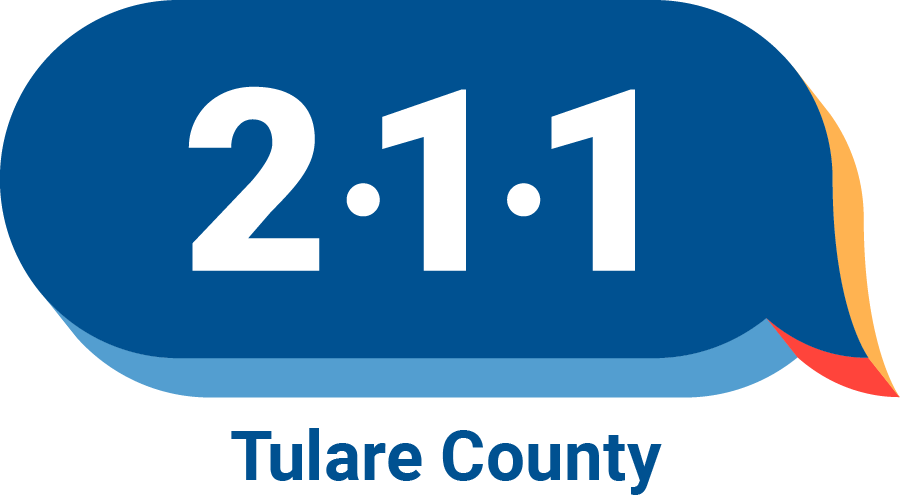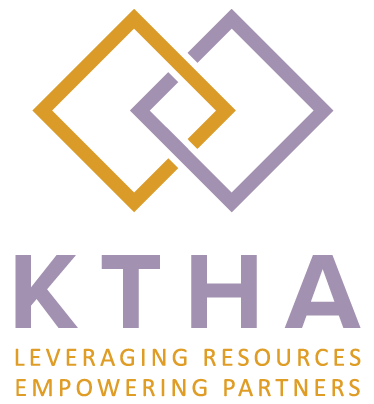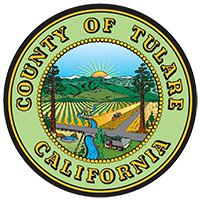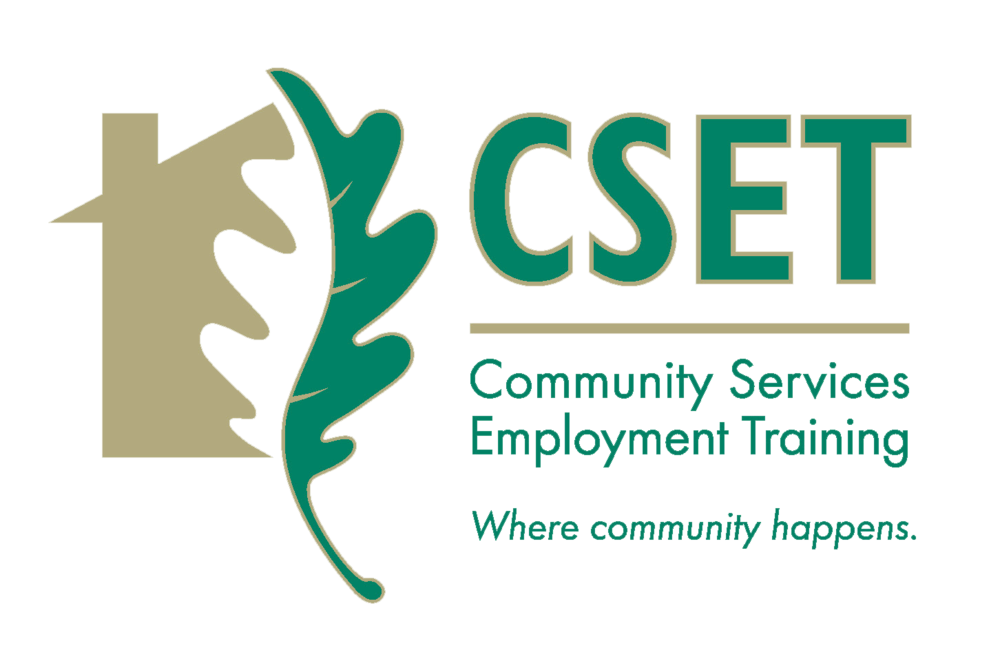Homelessness is a systemic problem that touches every American community in some way. While there are many root causes, in many cases adverse life events such as a health issue, the loss of a job, or the need to escape a domestic violence situation can quickly catapult our neighbors into homelessness. These root causes are inter-related and, for our unsheltered neighbors, each factor listed below is often compounded by the others.
The Roots of the Crisis
Mental Health and Addiction
Mental Health issues combined with drug and alchohol abuse are the primary factors which lead to homelessness. In Tulare and Fresno Counties, methanphetamine abuse has reached epidemic proportions. These dangerous substances oftentimes lead to long-term mental health issues, which in ture can lead to loss of employment, disassociation from friends and family, and ultimately homelessness. With a lack of mental health treatment facilities, individuals battling mental health conditions and substance abuse may find it difficult to seek the help and treatment that they so desperately need to recover. Those that do ultimately find access to these programs, often find significant barriers for admission into the programs and quickly give up.
Economic Disparities & Poverty
Dinuba has a healthy economy and a decent pool of available jobs. However, too many residents are being pushed out in the face of rising housing and living costs. The cost of these critical needs have outpaced the living median wage throughout the nation, and Dinuba is not immune from these challenges. It is estimated that over 100 families with children currently enrolled in school in the Dinuba Unified School District are homeless, or on the verge of becoming homeless. For a variety of reasons, these families are not securing the wages and resources they need to support themselves without significant assistance from family, friends, and other resources. According to recent Census data, 23.8% of the population for whom poverty status is determined in Tulare County, CA (109k out of 456k people) live below the poverty line, a number that is higher than the national average of 12.3%.
Lack of Affordable Housing
According to the Census Bureau, Dinuba's population grows at an average pf 3% year-over-year for the past ten years. Affordable housing development coupled with rising rents in the private market has not kept pace with the need. As the number of affordable units shrinks, the cost of housing continues to skyrocket. A large percentage of households thatown or rent in the Dinuba area are "housing cost burdened," meaning they spend more than 30% of their income on rent alone. The Tulare County Housing Authority offers the Housing Choice Voucher program, which helps low-income families, individuals, seniors and people with disabilities pay their monthly rent in privately-owned apartments or house. However, the need for these vouchers greatly exceeds the need in Tulare County and many needy families are left with little or no housing assistance. The City remains dedicated to encouraging affordable housing and works closely with State and local agencies, developers, and community development organizations usch as Self-Help Enterprises to increase access to afforable housing in the community.
Addressing the Crisis

In 2017, the City of Dinuba formed the internal Homeless Outreach Partnership Effort (H.O.P.E.) to address homelessness in the community. The H.O.P.E. team is primarily focused on engaging the homeless, building rapport and trust, and referring them to needed services. The H.O.P.E team's primary goals are to manage homelessness issues, connect homeless to resources, and reduce or eliminate homelessness. While working directly with the homeless, the team has learned that there is "no silver bullet" and combatting homelessness is a long-term commitment, which requires consistent engagement. Since its inception, the H.O.P.E. team has worked closely with other agencies and organizations such as Kings Tulare Homeless Alliance, Tulare County, Dinuba Unified School District, United Health Centers, CSET, and others to provide critical assistance to needy homeless individuals and families. Through these efforts, the team has successfully housed ten homeless individuals/families. In working with the homeless, the H.O.P.E. team has identified a set of challenges that create difficulties in addressing homelessness. These challenges include:
- Lack of low barrier shelters
- Lack of adequate mental health services
- Lack of local rapid-rehousing units
- Lack of local permanent supportive housing units
- Homeless need to be ready and willing to get help
The H.O.P.E. team remains dedicated in the face of these challenges and is committed to "helping people help themselves." Looking ahead, the team is focused on the following strategies in their efforts to addressing homelessness in the community:
- Continue to track homeless
- Continue to work with local landlords/property managers
- Partnership with Self Help to provide 5 permanent supportive housing units (Sierra Village II)
- Establish accessory dwelling unit (ADU) program
- Encourage new, affordable multi-family units
- Exploring Homeless Work Program
- Exploring rental assistance program
Creating More Affordable Housing
For the individuals and families in the community with the greatest need, the City works closely with the Kings Tulare Homeless Alliance (Alliance) to secure enrollment of these cases in the Homeless Prevention and Rapid Re-Housing (HPRP) program. This program is funded by the U.S. Department of Housing and Urban Development (HUD) Continuum of Care Program, and provides rapid rehousing and supportive services to those in need.
With the help of Self Help Enterprises, the City of Dinuba has also established and facilitates the Dinuba’s Homebuyer Assistance Program which offers affordable secondary mortgage financing to first time home buyers. The Program is designed to provide the additional financing needed to keep a first mortgage payment affordable. The City is also exploring additional programs such as rental assistance in the effort to help individuals and families secure a permanent place of residence.
Resources

When Times Get Tough, Finding Help Should Be Simple.
2-1-1 Tulare County connects our communities with resources, services, and opportunities, through the non-emergency 2-1-1 phone number, a comprehensive website, via 2-way texting, and a mobile application.
Kings/Tulare Homeless Alliance (KTHA)
Tulare County Point In Time (PIT) Count
United Heath Center (Dinuba) is a Fully Qualified Health Clinic which offers health services to patients without insurance on a Sliding Fee Scale according to the patient’s income and number of household members.
CSET (Community Services Employment Training) offers a variety of assisstance in areas such as employment training, housing, financial assisstance, family resources, and home weatherization to those in need.






